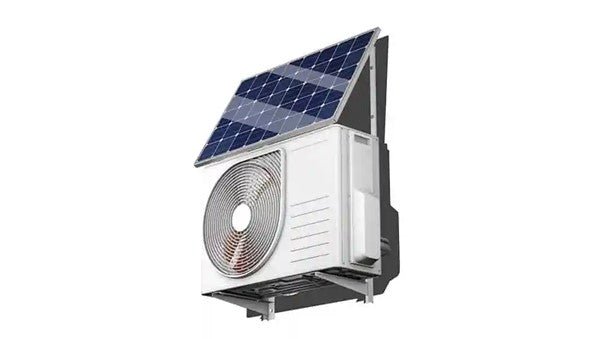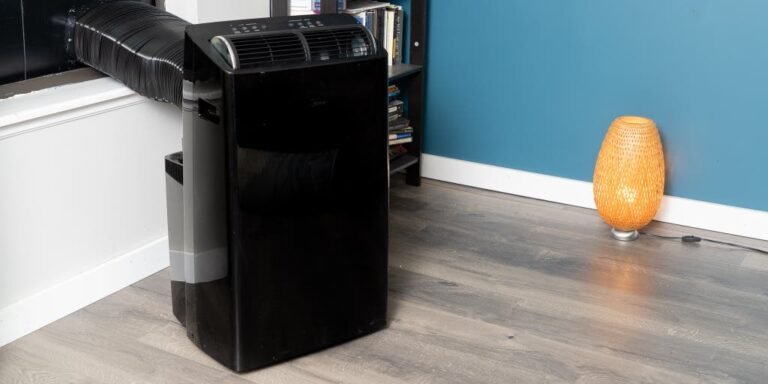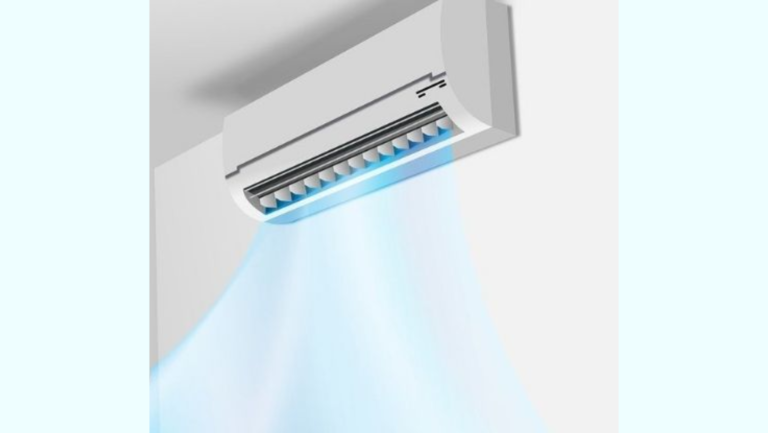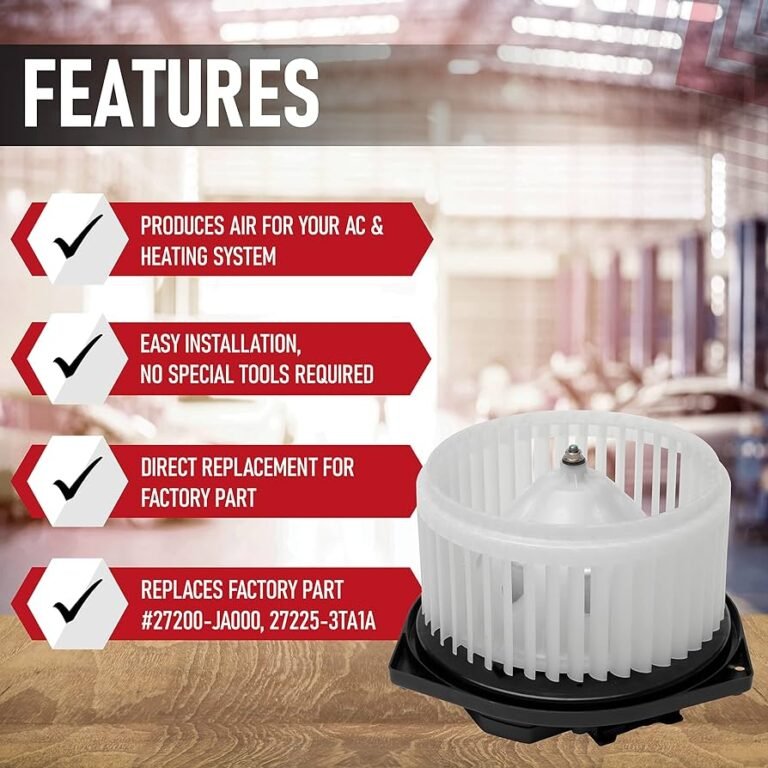How Much Power Does an RV AC Consume? Discover the Energy Usage
An RV AC typically uses around 1,500 to 3,500 watts of power. An RV AC unit requires a significant amount of power to function.
The exact amount can vary depending on factors such as the size and efficiency of the unit. On average, an RV AC unit typically uses between 1,500 to 3,500 watts of power. This power consumption is necessary to cool the interior of the RV and maintain a comfortable living environment during hot weather conditions.
It’s important for RV owners to be aware of the power requirements of their AC unit to ensure they have sufficient power supply and avoid overloading the electrical system of their RV.
Understanding The Energy Usage Of Rv Air Conditioners
The energy usage of RV air conditioners can vary depending on several factors. One of the main factors that affects power consumption is the temperature setting. As the temperature increases, the AC unit has to work harder to cool the interior of the RV, resulting in higher energy usage. Conversely, setting the temperature at a lower level will require less power. Apart from temperature, other factors such as insulation quality, AC unit size, and outdoor temperature also impact power consumption. Well-insulated RVs and smaller AC units tend to use less power to cool the space. Additionally, outdoor temperature plays a role as higher ambient temperatures mean the AC unit needs to work harder to maintain a comfortable temperature inside the RV. It is essential for RV owners to be mindful of these factors and find ways to optimize energy usage without compromising comfort. By considering insulation, adjusting temperature settings, and implementing other energy-saving measures, RV owners can reduce the power consumption of their air conditioning units, leading to cost savings and increased efficiency.
Calculating The Energy Consumption Of An Rv Ac Unit
Calculating the energy consumption of an RV AC unit is essential for understanding how much power it uses. The wattage rating of your RV AC is the first determinant. The higher the wattage rating, the more power it will consume when running. To determine the hourly energy consumption, you simply multiply the wattage rating by the number of hours the AC is in use. However, there are several factors that can affect the energy consumption over time. These include the outside temperature, insulation of the RV, and the efficiency of the AC unit. It’s important to note that running the AC continuously for extended periods can significantly impact fuel consumption. To minimize energy consumption, you can consider using energy-efficient or low-power AC units and making sure your RV is well-insulated.
Energy-saving Tips For Efficiently Running An Rv Ac
Energy-saving tips for efficiently running an RV AC include:
- Installing and utilizing insulation to maximize energy efficiency.
- Leveraging alternative cooling methods to lessen AC usage.
Proper insulation can significantly reduce the amount of power an RV AC uses. Insulating the roof, walls, and floors can help to keep the cool air inside the RV and prevent hot air from seeping in. This allows the AC to work more efficiently and use less energy. Additionally, sealing any gaps or cracks around windows, doors, and vents can also help to improve insulation.
Another way to reduce energy usage is by relying on alternative cooling methods. For example, using fans or opening windows and doors to create a cross breeze can help to circulate air and make the RV feel cooler without solely relying on the AC. Strategic placement of fans near windows or vents can also help to draw in cool air from outside.
By following these energy-saving tips, RV owners can reduce their energy usage and improve the efficiency of their AC while still enjoying a comfortable environment inside their RV.
Comparison: Rv Ac Vs. Other Appliances
RV AC usage plays a significant role in the overall energy demands of an RV. When comparing RV AC energy consumption to other appliances, it is important to understand the impact it has on energy usage. RV AC units typically require a power source of 30 amps or higher, which is considerably higher than most other appliances. This means that when the RV AC is running, it consumes a large amount of electricity. To manage energy usage within an RV, it is important to prioritize the appliances and devices that are essential, such as refrigerators and medical devices. By using these prioritization techniques, RV owners can effectively manage their energy consumption and avoid any potential power issues while enjoying the comfort of their RV AC.

Credit: www.amazon.com
Frequently Asked Questions For How Much Power Does An Rv Ac Use
How Much Power Does An Rv Ac Use On Average?
The average power consumption of an RV AC unit is around 1,500 to 3,500 watts. However, the exact usage depends on factors such as the AC unit’s size, efficiency, and outdoor temperature. It’s essential to consider your RV’s electrical capacity and plan your energy usage accordingly.
Can An Rv Ac Run On A Portable Generator?
Yes, an RV AC can run on a portable generator, but the generator should have an adequate power output to meet the AC’s requirements. Ensure that the generator can handle the AC’s starting wattage, which is usually higher than its running wattage.
Always refer to the AC and generator’s specifications to avoid any compatibility issues.
What Are Some Tips To Conserve Power While Using An Rv Ac?
To conserve power while using your RV AC, you can:
1. Keep the RV well insulated to reduce heat transfer. 2. Use window coverings to block direct sunlight. 3. Set the AC to a higher temperature when you’re not inside the RV. 4. Optimize the AC’s airflow by keeping vents clean and unobstructed. 5. Consider using energy-efficient AC units specifically designed for RVs.
Conclusion
To recap, understanding the power consumption of your RV’s AC unit is crucial for a smooth and comfortable road trip. By knowing the factors that affect its usage, such as the BTU rating, efficiency, and external conditions, you can make informed decisions and optimize your power consumption.
Regular maintenance and upgrades can also help reduce energy usage, ensuring that you enjoy a cool and efficient adventure on the road. So, remember to consider your AC’s power needs and enjoy your RV experiences to the fullest.







